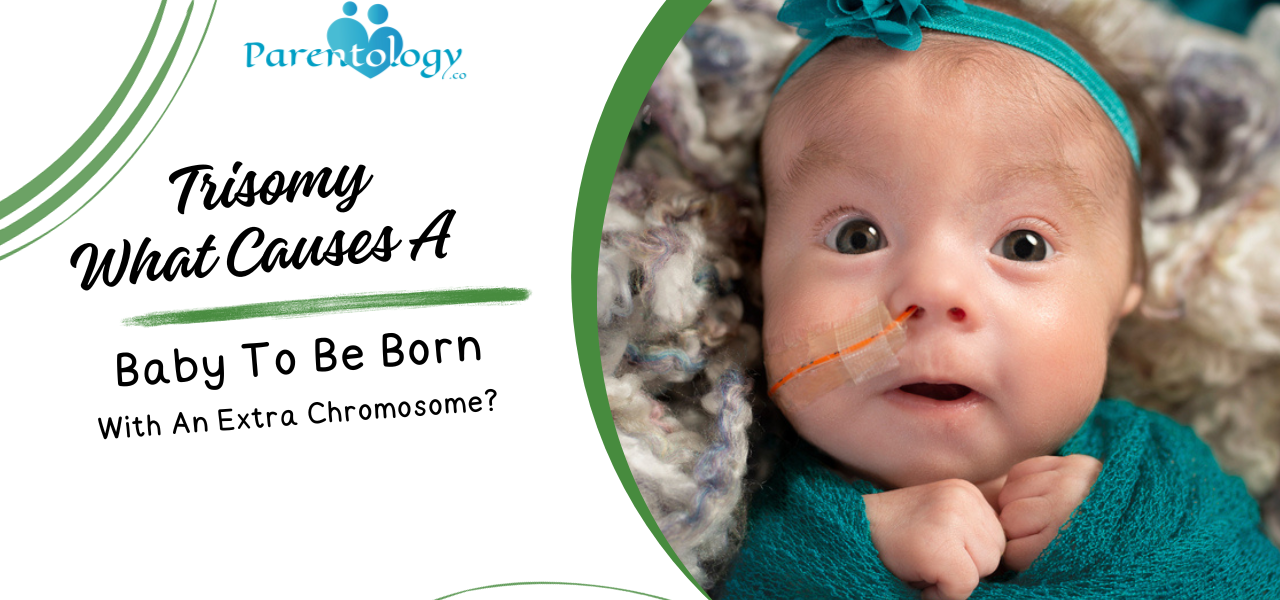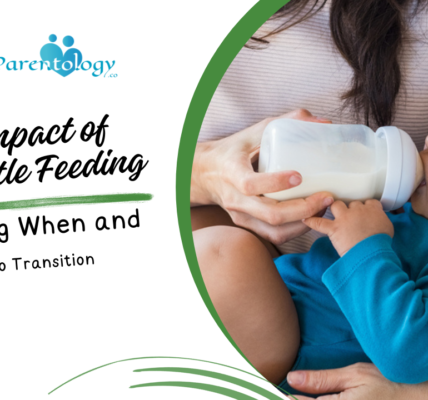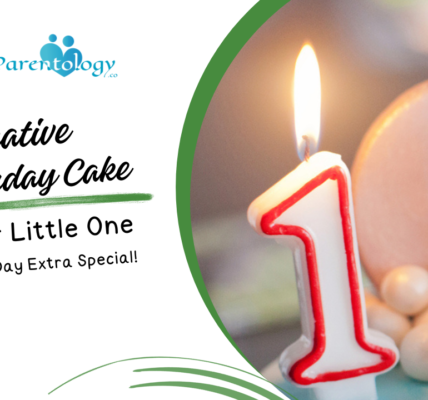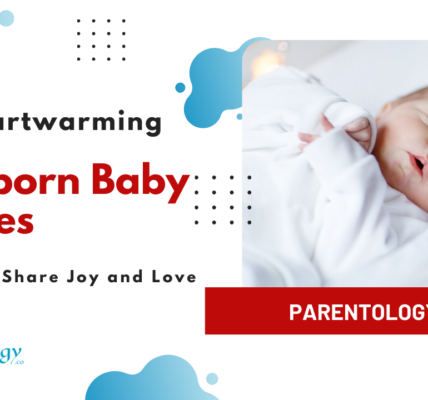Decoding Trisomy: What Causes A Baby To Be Born With An Extra Chromosome?
Welcoming a new life into the world is a momentous occasion filled with joy and anticipation. However, for some families, the journey takes an unexpected turn when a child is born with a condition known as trisomy, characterized by the presence of an extra chromosome. Understanding the factors contributing to this genetic anomaly is pivotal in comprehending the complexities surrounding trisomy. In this comprehensive guide, we’ll delve into the intricate details behind trisomy, exploring its causes, implications, and the pathways to support and understanding.
What is Trisomy?
Trisomy refers to a genetic disorder characterized by the presence of an extra chromosome in a person’s cells. While humans typically have 23 pairs of chromosomes, trisomy arises when there’s an extra copy of a chromosome, resulting in 47 chromosomes instead of the usual 46.


Exploring the Causes of Trisomy:
Genetic Factors: Trisomy often occurs due to genetic abnormalities during cell division. The most common type is Trisomy 21, known as Down syndrome, caused by an extra copy of chromosome 21. Other forms, like Trisomy 18 (Edwards syndrome) or Trisomy 13 (Patau syndrome), result from additional copies of chromosomes 18 and 13, respectively.
Maternal Age: Research suggests a correlation between maternal age and the likelihood of trisomy occurrences. Advanced maternal age, especially in women over 35, increases the risk of chromosomal abnormalities during conception.
Environmental Factors: Certain environmental influences or exposures during pregnancy may contribute to an increased risk of trisomy. These factors include radiation, chemicals, and toxins.
Mosaicism: Another form of trisomy occurs due to mosaicism, where an individual has some cells with the normal chromosomal count and others with the extra chromosome. This variation can lead to different levels of severity in symptoms.
Understanding The Impact of Extra Chromosome:
Trisomy can have varying effects on an individual’s health, development, and overall well-being. It manifests differently in each type, with distinctive characteristics and associated health challenges.
Down Syndrome (Trisomy 21): Individuals with Down syndrome often exhibit distinct facial features, developmental delays, and may have associated health issues affecting the heart, digestive system, and cognitive abilities.


Trisomy 18 (Edwards Syndrome) and Trisomy 13 (Patau Syndrome): These conditions are associated with severe developmental and medical complications, leading to a shorter life expectancy and multiple health challenges.
Genetic Origins of Trisomy:
Trisomy arises primarily from errors during cell division in either the sperm or egg, leading to an embryo with an extra chromosome. This additional genetic material can occur during meiosis, the process of cell division that produces eggs and sperm.
Genetic Counseling and Screening:
For individuals or couples concerned about the risk of having a child with trisomy, genetic counseling plays a crucial role. Genetic counselors provide information about the likelihood of chromosomal abnormalities, discuss available screening options, and help families make informed decisions regarding their reproductive health.
Types and Variations of Trisomy:
Aside from the commonly known trisomies such as Down syndrome, Edwards syndrome, and Patau syndrome, there exist other, rarer forms of trisomy. These variations might involve additional copies of different chromosomes, leading to distinct sets of symptoms and health challenges.


Prenatal Testing and Diagnosis:
Advancements in medical technology have enabled early detection of trisomy during pregnancy. Non-invasive prenatal testing (NIPT), amniocentesis, chorionic villus sampling (CVS), and ultrasound examinations allow healthcare providers to identify chromosomal abnormalities, providing expectant parents with essential information and options.
Support and Advocacy:
Families and individuals impacted by trisomy often find solace and guidance through advocacy groups and support networks. These communities offer emotional support, share experiences, and provide valuable resources to navigate the complexities of raising a child with an extra chromosome.
Ongoing Research and Innovations on Extra Chromosome:
The field of genetics continually evolves, exploring novel approaches to understanding trisomy and potential interventions. Research focuses on gene therapies, precision medicine, and enhancing medical care to improve the quality of life for individuals affected by trisomy.
Family Support and Education:
When a child is diagnosed with trisomy, families often seek educational resources tailored to their specific needs. Early intervention programs, specialized schooling options, and access to healthcare professionals familiar with trisomy play a vital role in supporting the child’s development and well-being.
Holistic Care Approach:
Medical care for individuals with trisomy extends beyond addressing physical health issues. It encompasses psychological support, speech and occupational therapy, and other multidisciplinary interventions aimed at maximizing the individual’s potential and improving their quality of life.
Ethical Considerations:
Ethical discussions arise concerning prenatal testing, selective termination, and quality-of-life decisions for individuals with severe trisomies. These discussions often involve moral, societal, and personal considerations that families and healthcare providers navigate with sensitivity and care.
Inclusive Communities and Advocacy:
Creating inclusive communities involves promoting awareness, understanding, and acceptance of individuals with trisomy. Advocacy efforts aim to break down barriers, challenge stereotypes, and foster a society that values diversity and provides equal opportunities for all.
Personal Stories and Testimonials:
Sharing personal stories of individuals living with trisomy and their families can offer powerful insights into their experiences, challenges, triumphs, and contributions to society. These narratives emphasize the importance of empathy, support, and creating a more inclusive world.
Future Perspectives and Innovations:
As scientific advancements continue, researchers explore innovative approaches, such as gene editing techniques and precision medicine, aiming to address the underlying genetic causes of trisomy and improve treatment options in the future.
Coping Strategies for Families:
Raising a child with trisomy can pose emotional, financial, and logistical challenges for families. Support groups and counseling services offer coping strategies, stress management techniques, and guidance for navigating the complexities of caregiving and maintaining a balanced family life.
Advocacy for Inclusive Education:
Advocacy efforts aim to ensure that individuals with trisomy receive inclusive and quality education. Collaboration between educators, therapists, and parents facilitates tailored learning environments that cater to the unique needs and abilities of each child.
Legal Rights and Disability Support:
Understanding legal rights, accessing disability benefits, and advocating for necessary accommodations in education and employment settings are crucial aspects for individuals with trisomy. Legal advocacy helps protect their rights and promotes inclusivity in various aspects of life.
Medical Advances and Gene Therapies:
Ongoing research explores groundbreaking advancements, such as gene therapies and genetic interventions, aiming to address the root causes of trisomy at a molecular level. While these innovations are in early stages, they hold promise for potential future treatments.


Ethical Considerations in Treatment:
The ethical implications of emerging treatments for trisomy involve discussions on affordability, accessibility, and the ethical considerations of altering genetic makeup. These discussions involve stakeholders from medical, ethical, and societal perspectives.
Hope, Resilience, and Community Support:
Despite the challenges, stories of hope, resilience, and the triumphs of individuals living with trisomy and their families highlight the importance of community support, understanding, and the human capacity to overcome obstacles.
Read More: 101 Heartwarming Newborn Baby Wishes and Quotes to Share Joy and Love
FAQs About Extra Chromosome:
What are the early signs of trisomy during pregnancy?
- Answer: Early signs may include abnormal ultrasound findings, increased levels of certain proteins in maternal blood tests, or indications from non-invasive prenatal testing (NIPT).
Can trisomy be detected before birth?
- Answer: Yes, prenatal screening tests like amniocentesis or chorionic villus sampling (CVS) can detect trisomy.
Is trisomy hereditary?
- Answer: Trisomy caused by an extra chromosome is typically not inherited. It occurs randomly during cell division.
Are there treatments available for trisomy?
- Answer: While there’s no cure for trisomy, medical care and interventions can help manage associated health issues and improve quality of life.
What support is available for families with a child diagnosed with trisomy?
- Answer: Various support groups, educational resources, and healthcare professionals specialize in helping families navigate the challenges associated with trisomy.
Can lifestyle changes reduce the risk of trisomy?
- Answer: While certain environmental factors might contribute, trisomy occurrences are mostly unrelated to lifestyle choices.
Is there ongoing research on trisomy?
- Answer: Yes, research continues to focus on understanding the causes, potential prevention, and improving treatment options for individuals affected by trisomy.
What impact does trisomy have on life expectancy?
- Answer: The life expectancy of individuals with trisomy varies based on the specific type and associated health complications.
Can trisomy be prevented?
- Answer: As trisomy often occurs spontaneously during cell division, it’s challenging to prevent. Genetic counseling may be helpful for families with concerns about the risk.
What advancements are being made in the field of trisomy research?
- Answer: Ongoing research explores genetic therapies, early interventions, and improved medical care to enhance the quality of life for individuals with trisomy.
Conclusion:
Trisomy and the occurrence of an extra chromosome present unique challenges for affected individuals and their families. However, with advancements in medical science, increased awareness, and supportive communities, there’s hope for improved outcomes and enhanced quality of life. Empathy, understanding, and access to resources play pivotal roles in creating inclusive environments where every individual, regardless of their genetic makeup, can thrive. For more information and support, explore resources available through Parentology.co, dedicated to empowering families with valuable insights.
Continued support, research, and advocacy efforts contribute to fostering a more inclusive society where individuals with trisomy receive the care, opportunities, and acceptance they deserve.
Remember, every individual, regardless of their genetic makeup, deserves love, care, and opportunities to thrive in a supportive environment.
Infographics:





